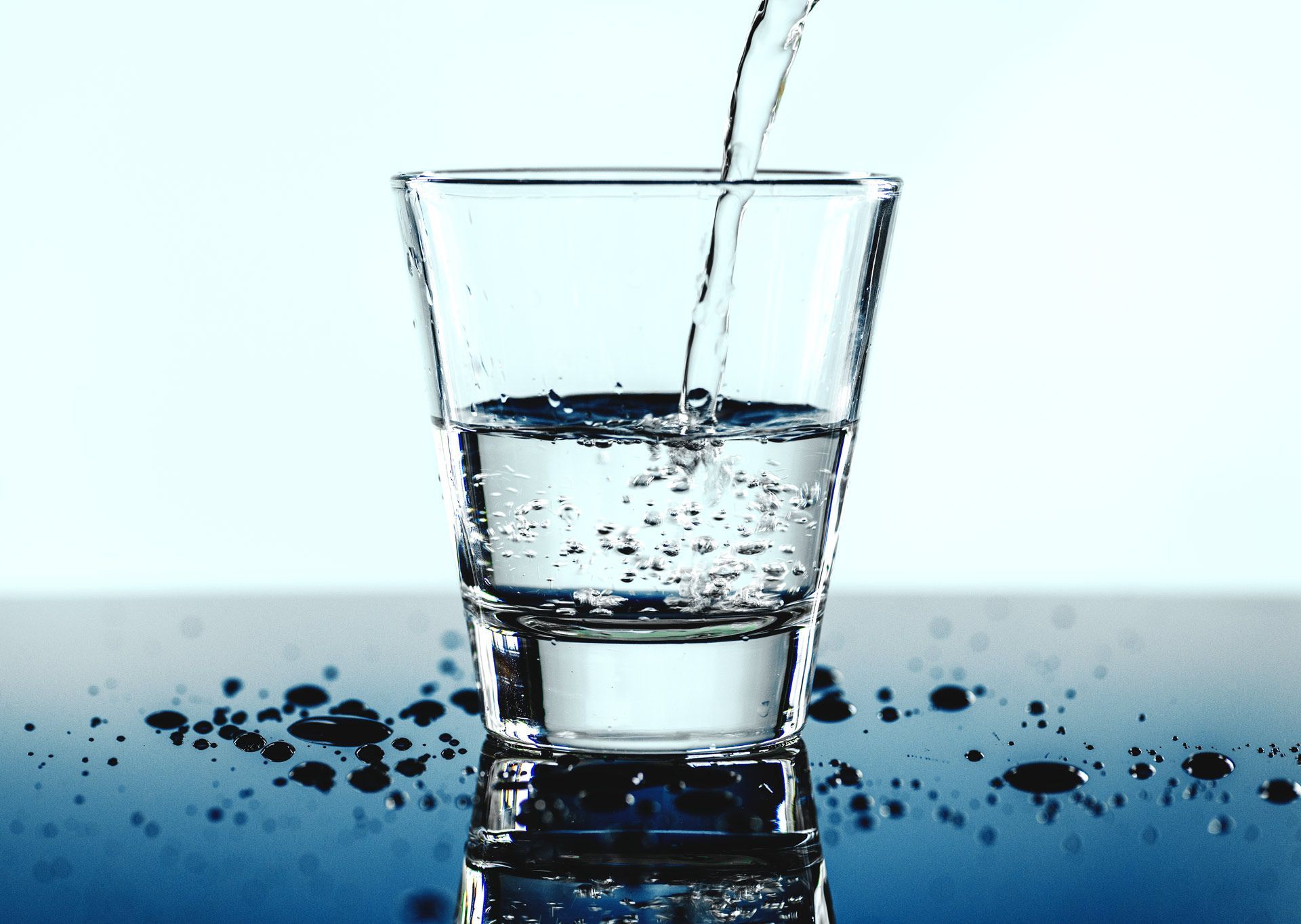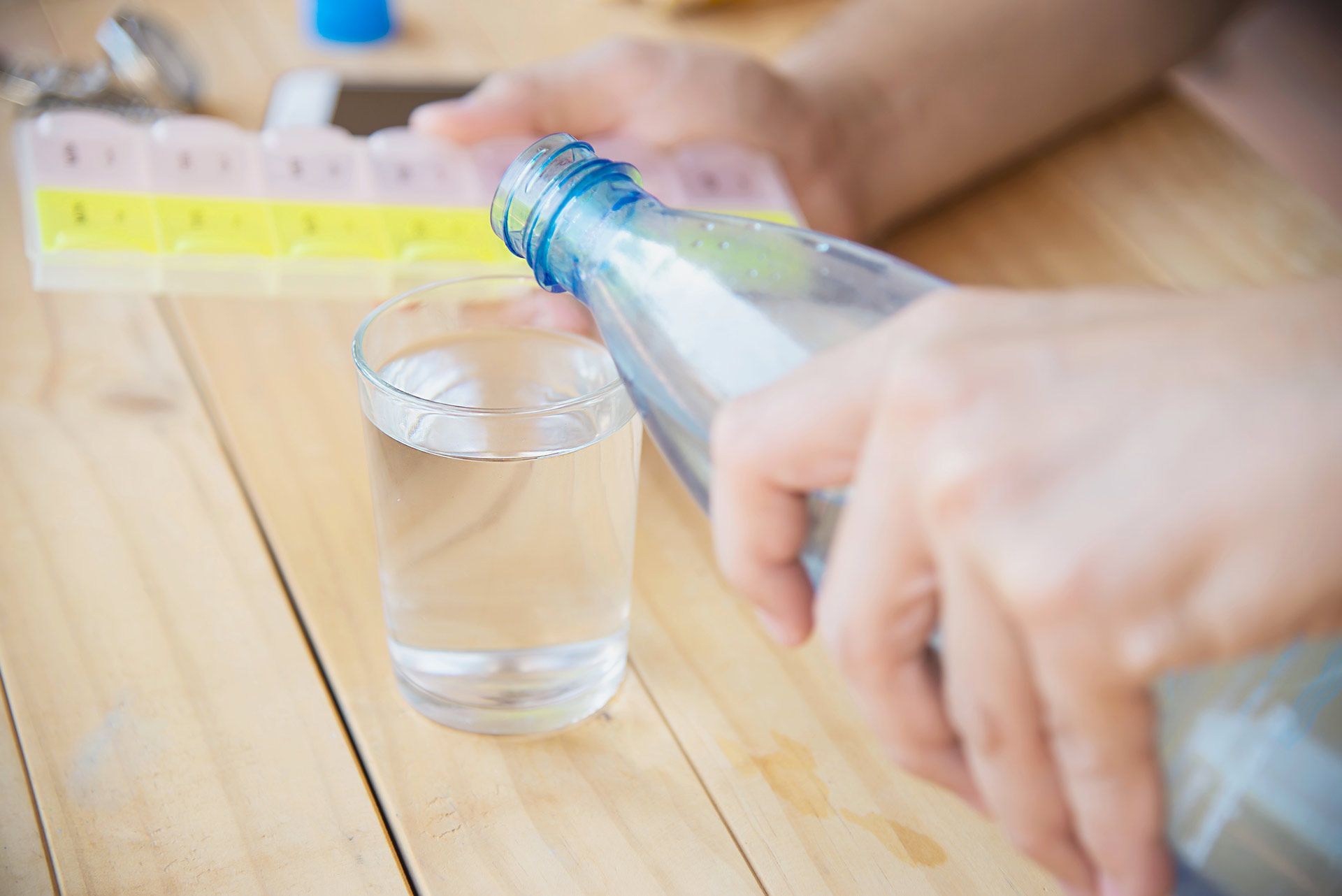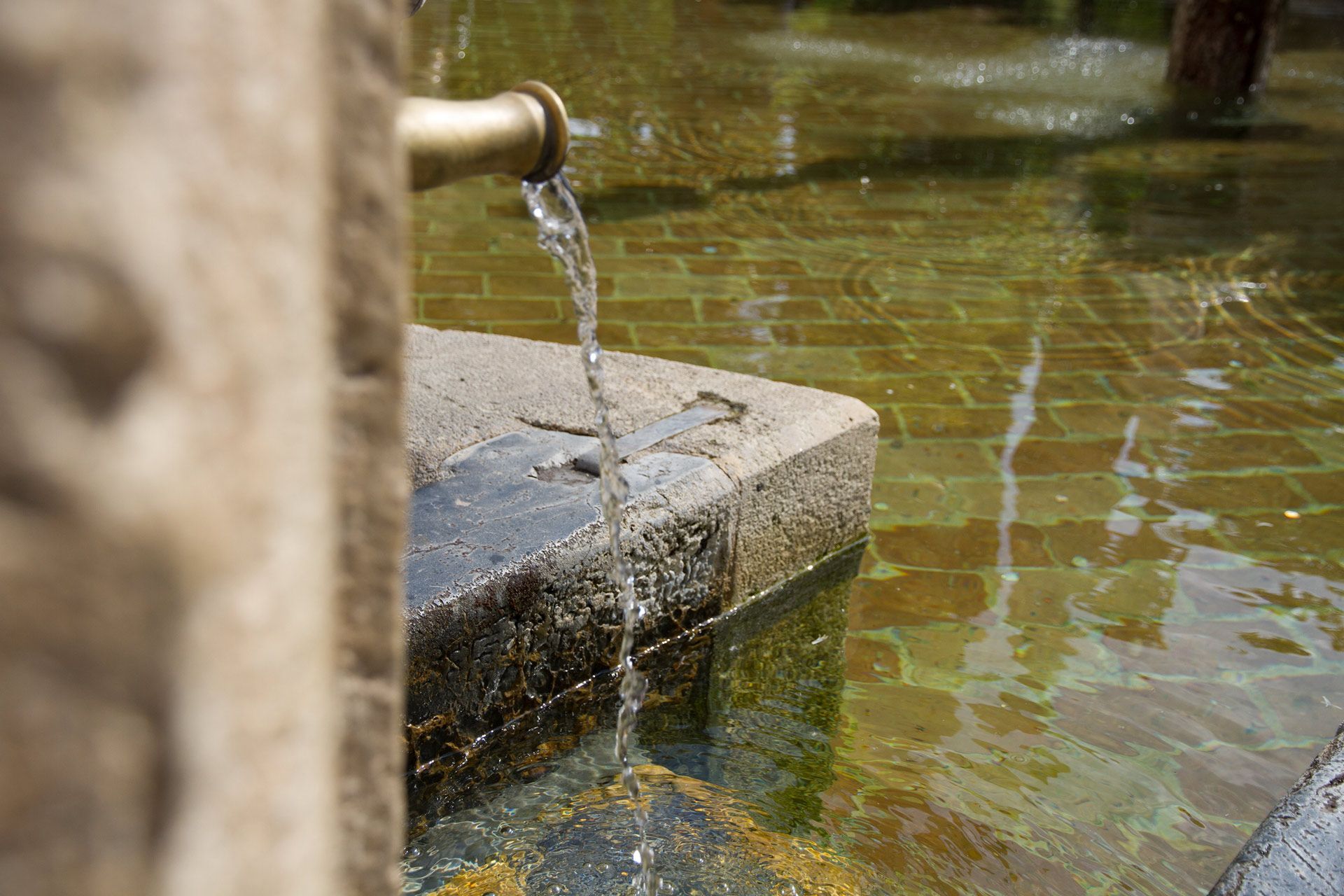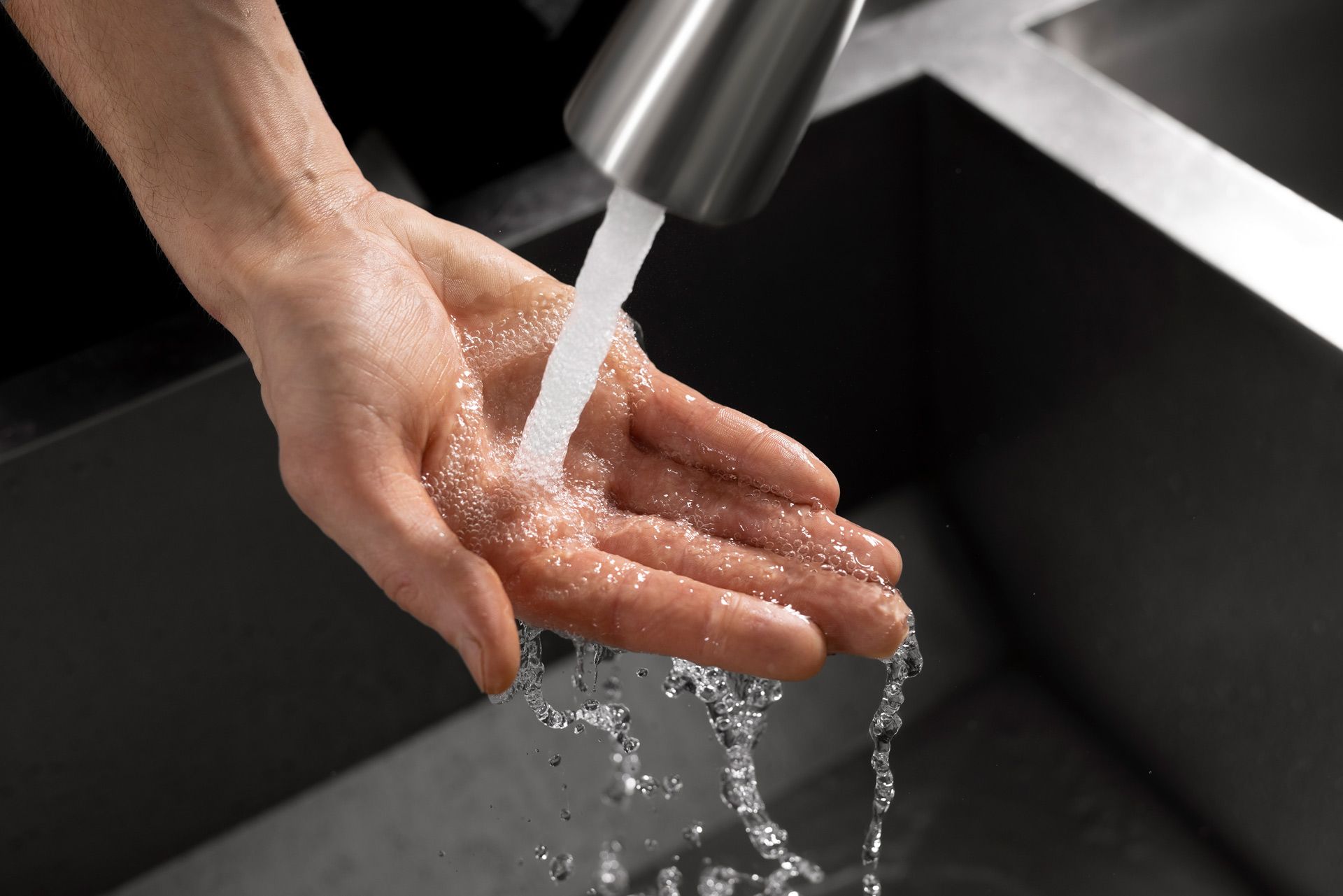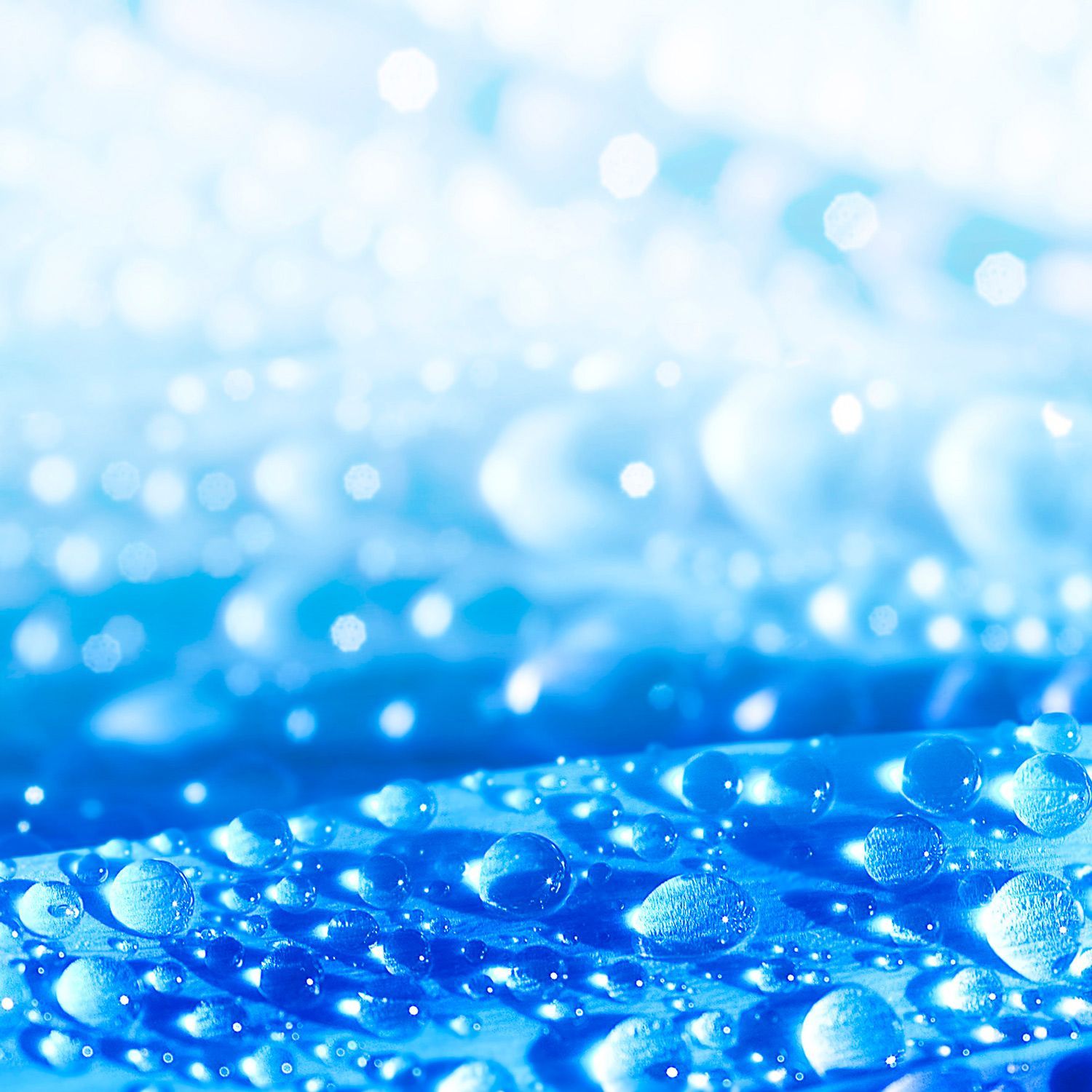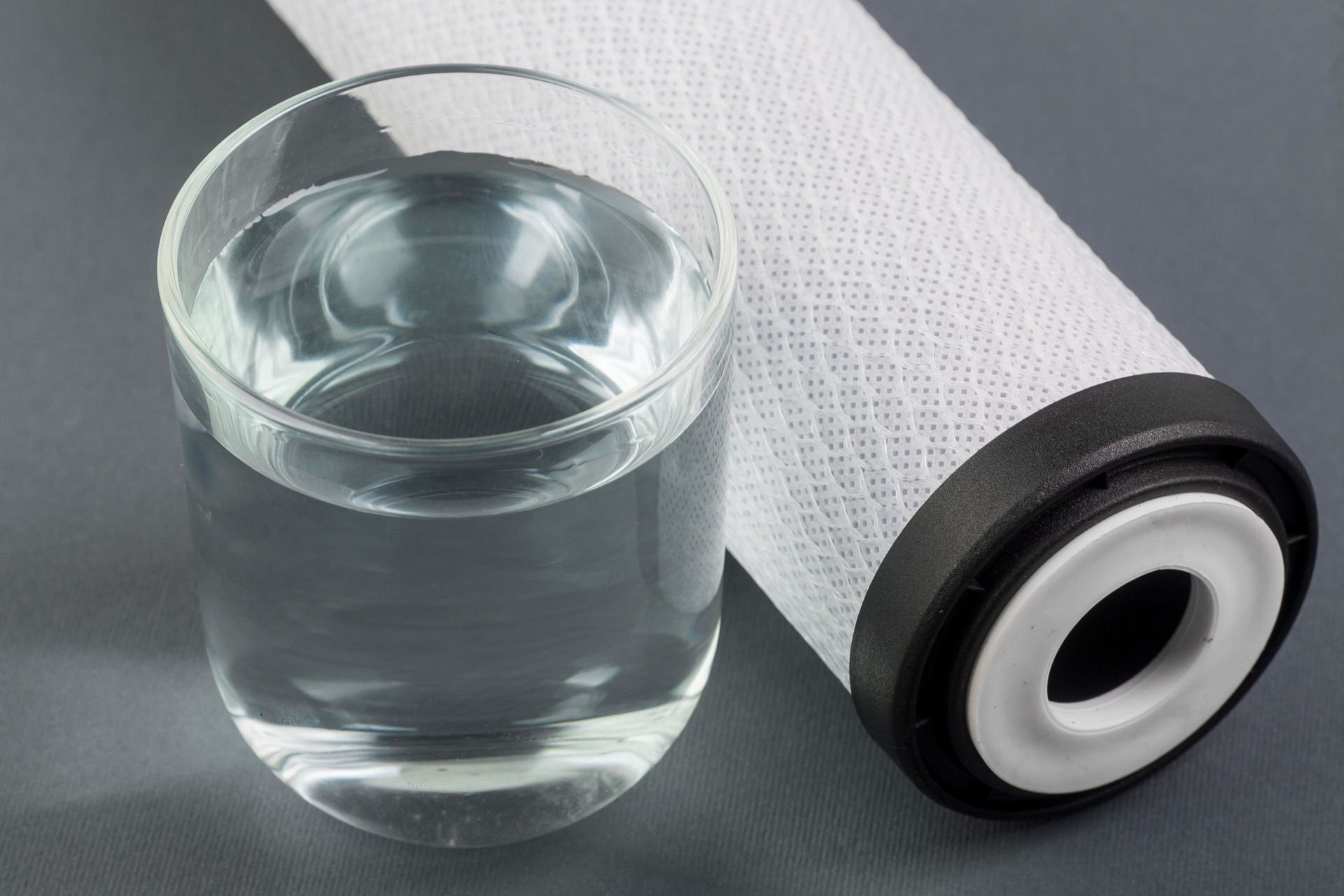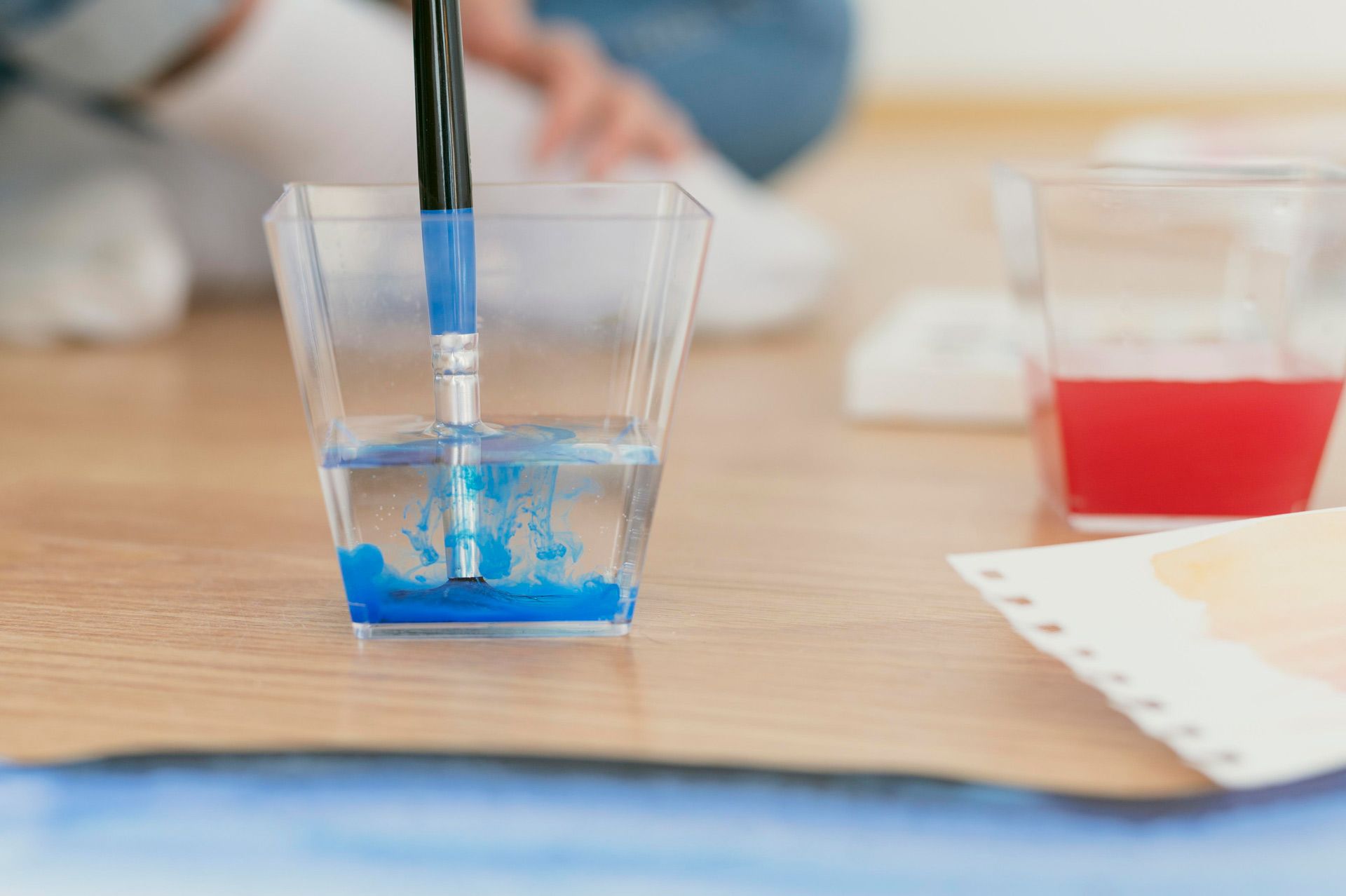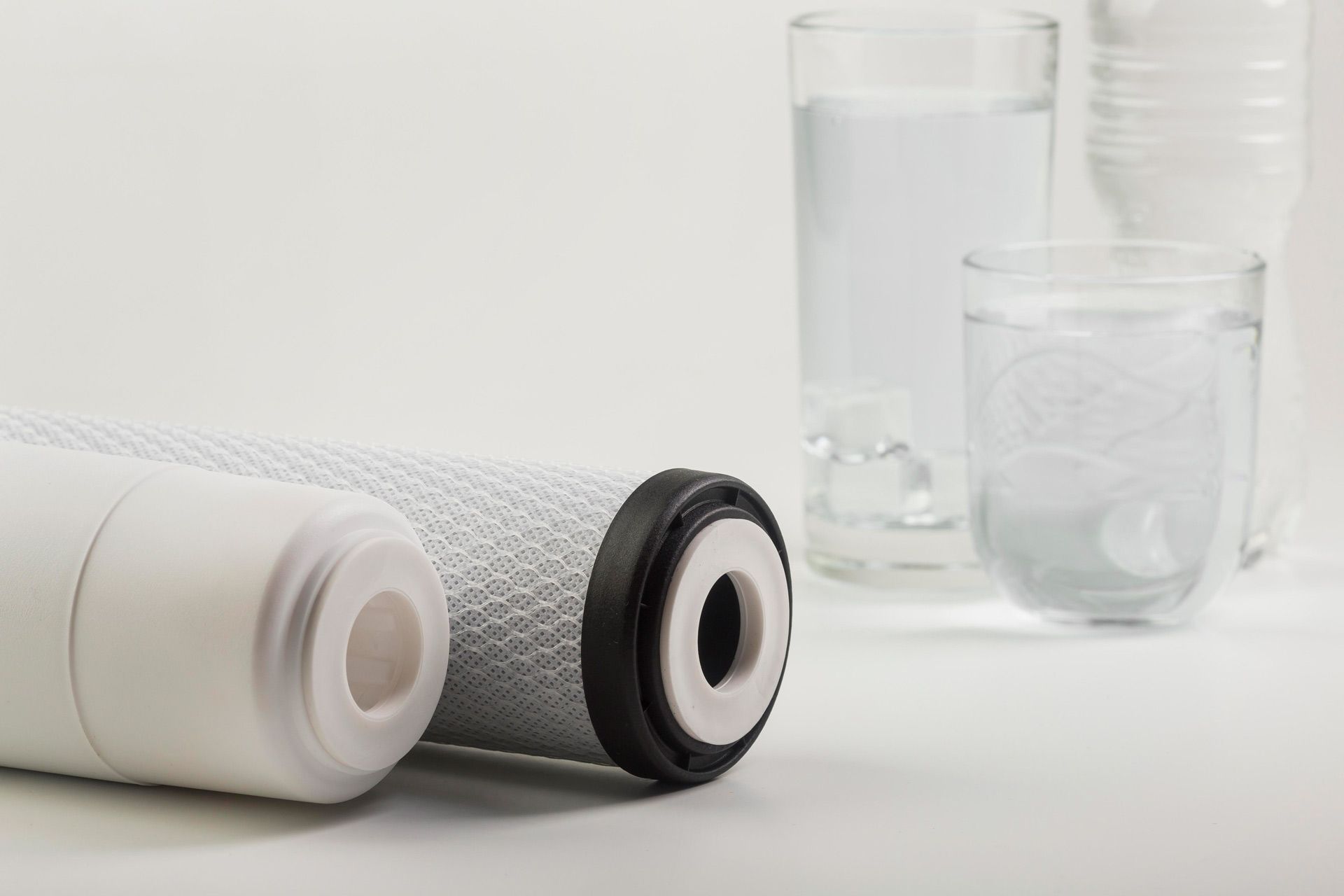The Real Benefits of Water Softening for Indiana Homes
April 23, 2024
The Real Benefits of Water Softening for Indiana Homes
If you’ve been dealing with white crust on your faucets, cloudy glasses, or appliances that just don’t seem to last, you’re likely facing one of Indiana’s most overlooked problems: hard water. For homeowners around Avon, Carmel, Franklin, and beyond, hard water means more than just a minor annoyance—it leads to higher bills, shorter appliance lifespan, and a whole lot of frustration.
Water softening is more than a convenience. It’s a smart investment in your home’s health and your family’s daily comfort. Here’s how it works, what it changes, and why you should consider it now.
Why Water Softening Matters
What Is Hard Water and Why Does It Cause Issues?
Hard water contains elevated levels of minerals like calcium and magnesium, which aren’t harmful to drink but definitely harmful in how they affect your home. When these minerals flow through your plumbing and appliances, they leave behind deposits and scale that build up over time.
In contrast, softened water has those mineral levels reduced or removed. That subtle difference makes a very big impact—less scale, better appliance performance, softer skin, smoother laundry, cleaner fixtures.
What Happens If You Ignore It?
- Appliances like water heaters and dishwashers have to work harder, using more energy and wearing out sooner.
- Pipe interiors narrow from scale buildup, reducing water pressure and increasing repair risk.
- Soap, detergent and shampoo don’t work as effectively, so you spend more time cleaning and more money buying products.
- Fixtures, showerheads, faucets develop that chalky white (“limescale”) look — and it’s stubborn to remove.
Key Benefits of Installing a Water Softener
Extend the Life of Your Appliances and Plumbing
With softened water, you remove the mineral buildup that shortens the lifespan of things like water heaters, washing machines and plumbing systems. No more silent damage taking place behind the walls.
Lower Your Energy Bills
Hard water creates thermal resistance inside heating elements and builds up inside pipes. That means your systems have to work harder and longer for the same result. Soft water keeps things efficient, which translates to lower utility bills.
Better Skin, Hair and Daily Comfort
If you feel like your skin is always dry, or your hair lacks shine, hard water could be the reason. Soft water rinses cleaner, leaves no mineral film, and helps soaps and shampoos work the way they should.
Cleaner Fixtures and Easier Cleaning
Soft water means fewer water spots, less mineral film on dishes and glassware, and easier clean-up in showers and on surfaces. You’ll spend less time scrubbing and more time enjoying.
Brighter Laundry That Lasts
Laundry washed in soft water retains color, softness and integrity longer. Fewer hard water minerals mean less wear and tear on fabrics—and fewer replacements.
A Smart Long-Term Home Investment
Beyond daily comfort, a water softener is a strategic upgrade for your home’s value and efficiency. Whether you're staying long-term or selling, the benefits hold: enhanced appliance life, lower maintenance costs, and a nicer living experience.
How to Decide If It’s Right for You (and How to Get Started)
Step 1: Identify the Signs
Look for:
- White scale or chalky buildup on faucets and showerheads
- Cloudy or spotty glassware from the dishwasher
- Reduced water flow or pressure in older fixtures
- Appliance heaters that seem to struggle or run longer than expected
- Dry skin or hair that never quite feels “clean”
Step 2: Test Your Water Hardness
You can:
- Use a water-hardness test kit (readings in ppm or grains per gallon)
- Schedule a professional water analysis to assess mineral content and water usage patterns
Step 3: Choose the Right System for Your Home
Consider:
- Household size and average daily water use
- Hardness level (how many grains per gallon)
- Appliance age and plumbing condition
- Regeneration style, salt-based vs salt-free systems, space requirements
Step 4: Install, Maintain, and Reap the Rewards
Install a properly sized whole-home softener system through a trusted local expert. Maintenance typically involves monitoring salt levels (for salt-based systems) and scheduling periodic checks. The payoff? Softer water, smoother skin, cleaner home, and longer-lasting systems.
Frequently Asked Questions (FAQs)
- What exactly does a water softener do?
It uses a process called ion exchange to remove hardness minerals (calcium/magnesium) and replace them with sodium or potassium ions. The result: water that doesn’t leave scale or film behind. - Is softened water safe to drink?
Yes. Softened water is safe for most people. If you’re on a low-sodium diet, you may want to check sodium content or mix in unsoftened water for drinking. - Will a water softener eliminate existing scale buildup?
Over time, yes. While it won’t instantly remove heavy scale, soft water prevents further accumulation and gradually helps reduce buildup in your plumbing and appliances. - Does it cost too much to maintain a softening system?
Modern systems are quite low-maintenance. You’ll mainly need to add salt (for salt-based systems) and keep up with annual servicing. The savings on energy and repairs often outweigh the cost. - Will soft water feel or taste different?
Yes—it often feels smoother on skin and hair, and you’ll notice cleaner fixtures and dishes. Taste may be slightly different, depending on local water composition, but many people prefer it.
Conclusion
If you live in Central Indiana and you’re facing hard water issues—white scale, cloudy glasses, stiff laundry—then a water softener isn’t just a luxury. It’s a well-worth investment. Choosing the right system protects your plumbing, appliances, skin and family comfort.
When you’re ready to say goodbye to hard water problems and hello to clean, soft, efficient water for your whole home,
Pure Soft Water Treatments is here to help with expert testing,
local service, and proven systems designed for Indiana homes.

